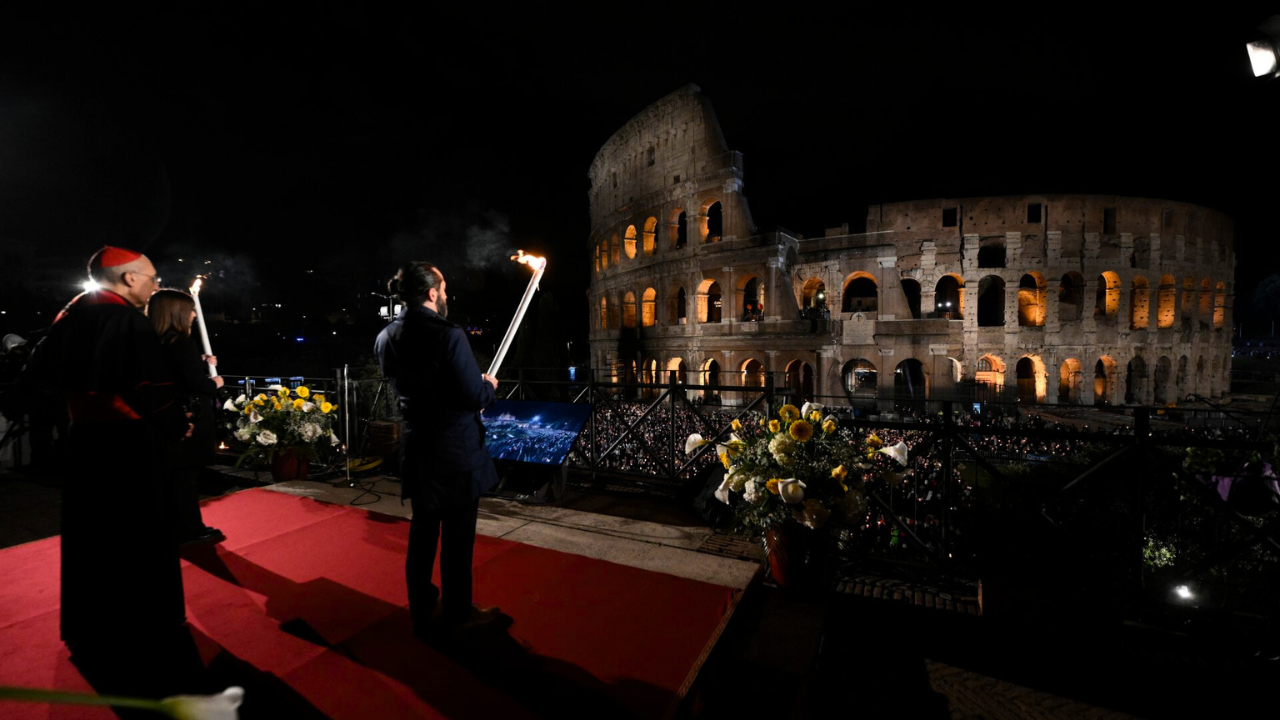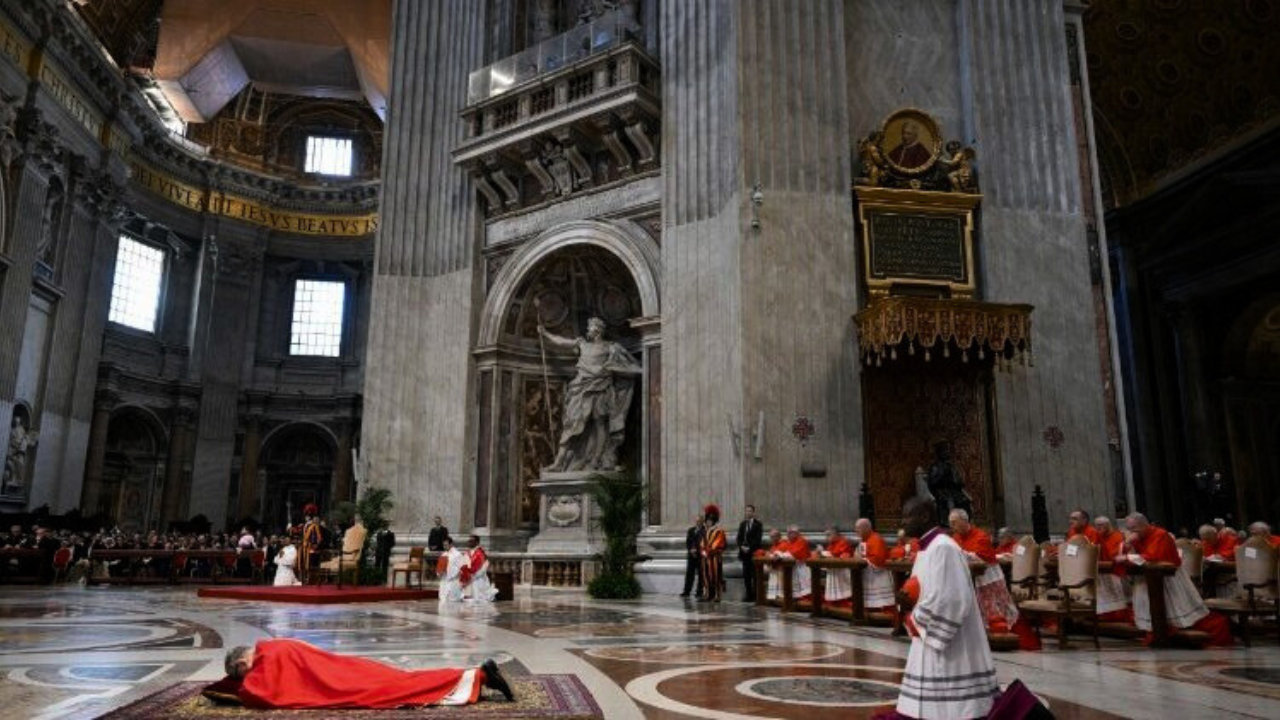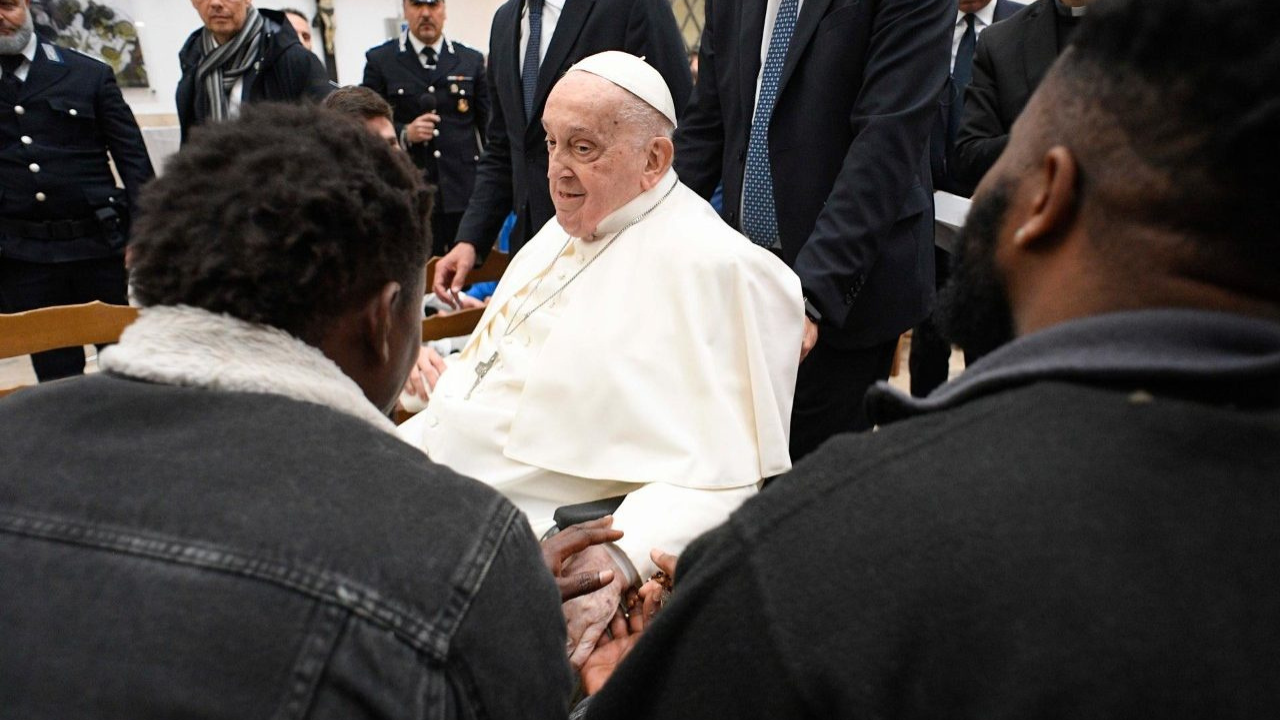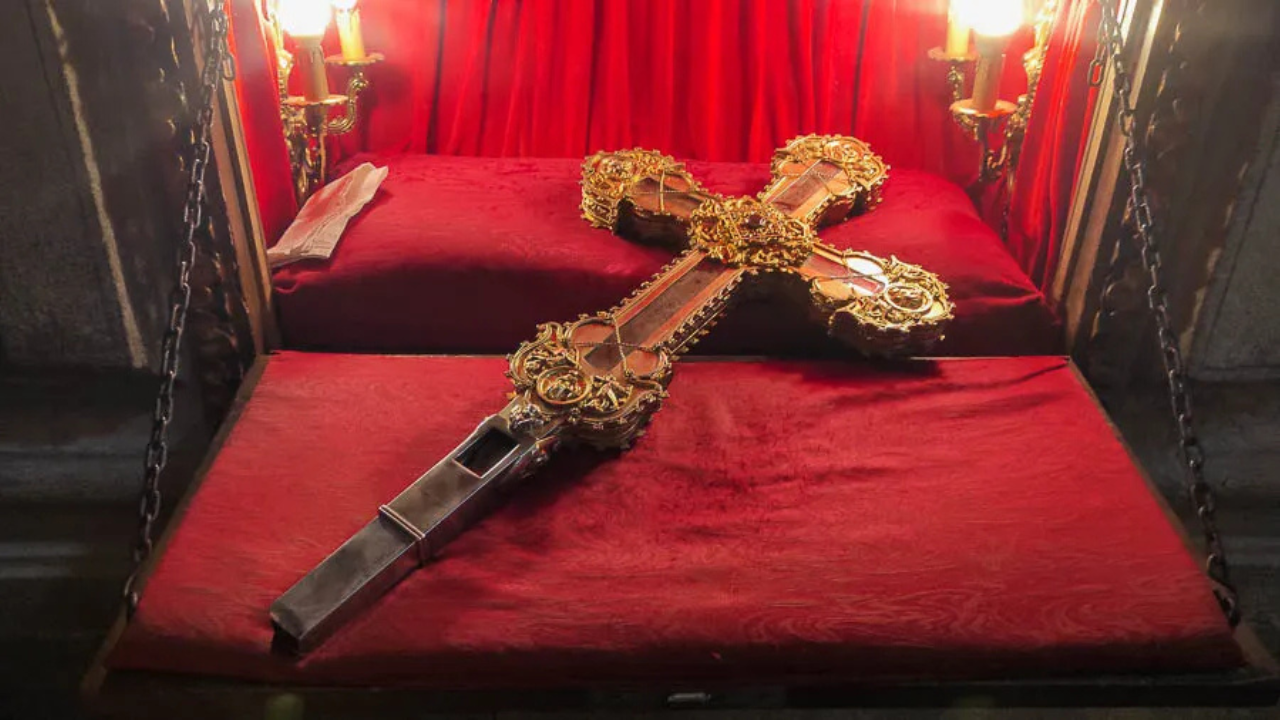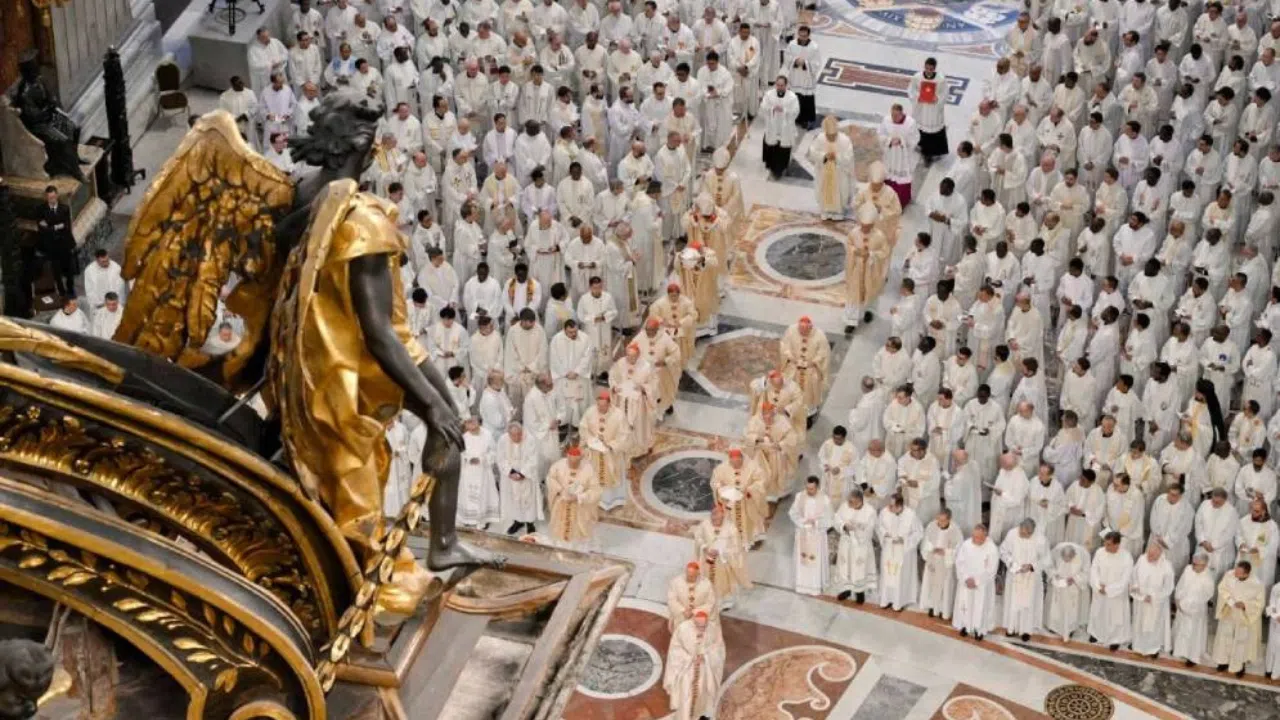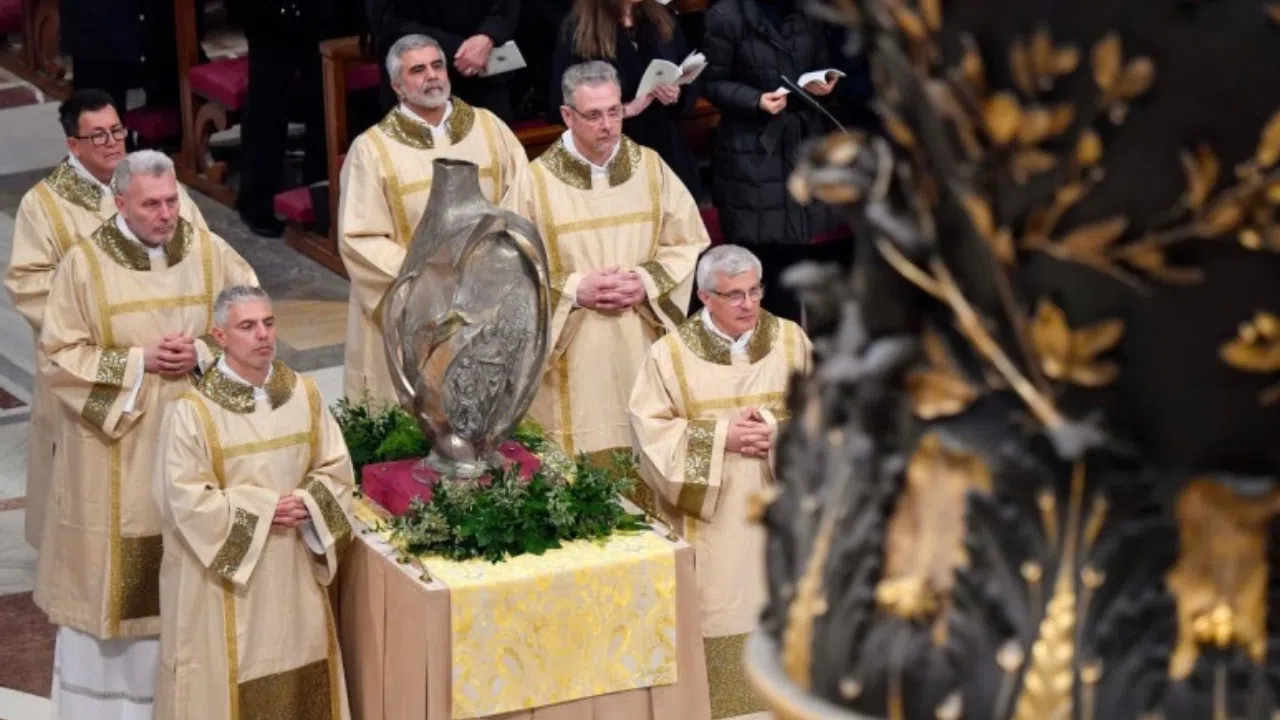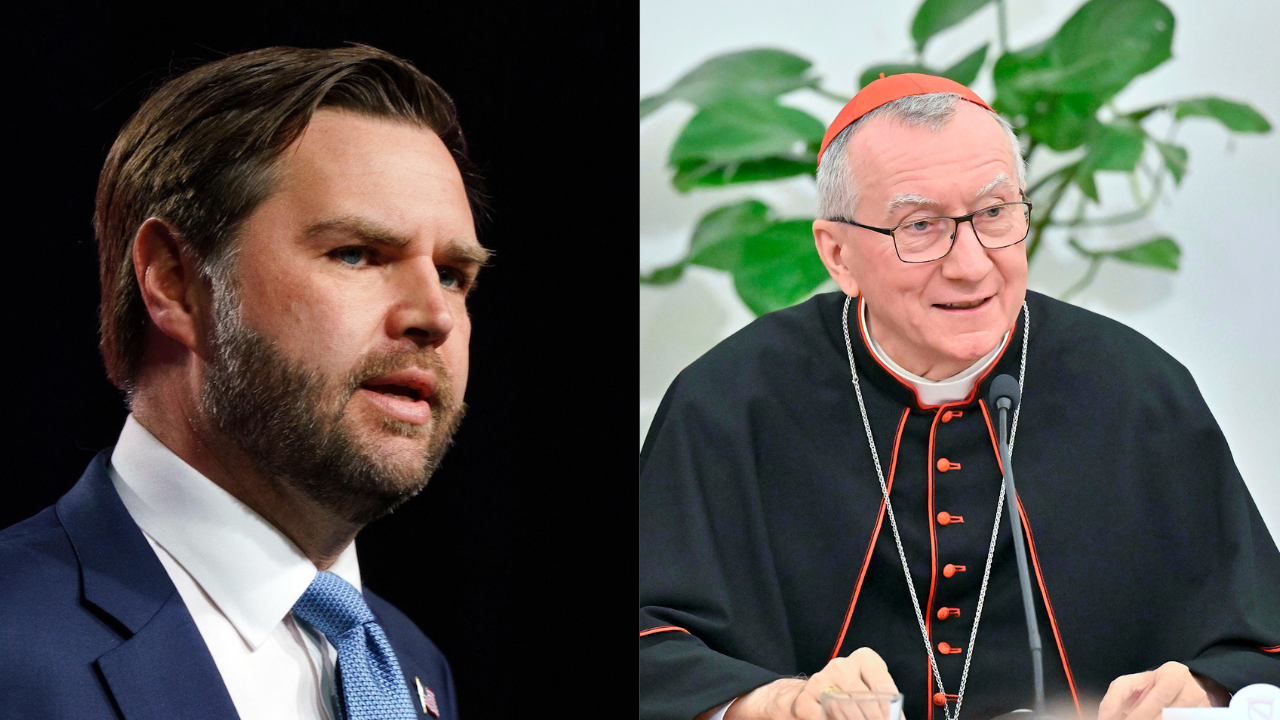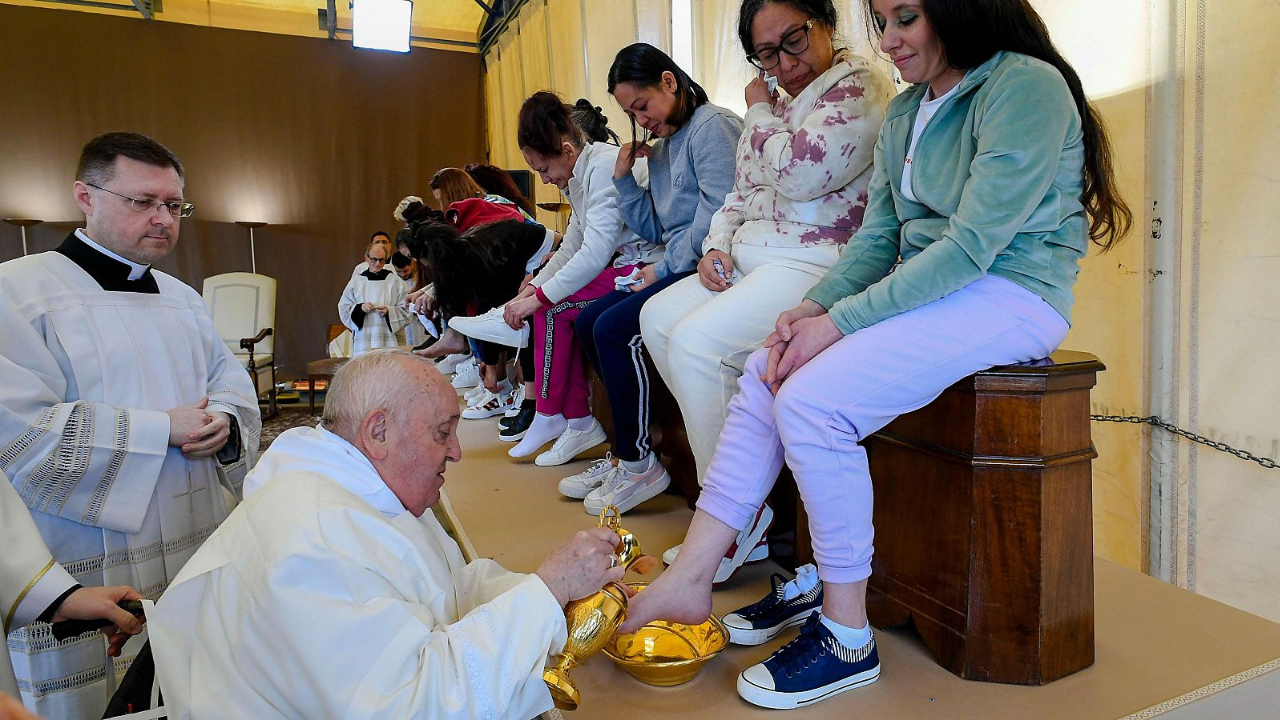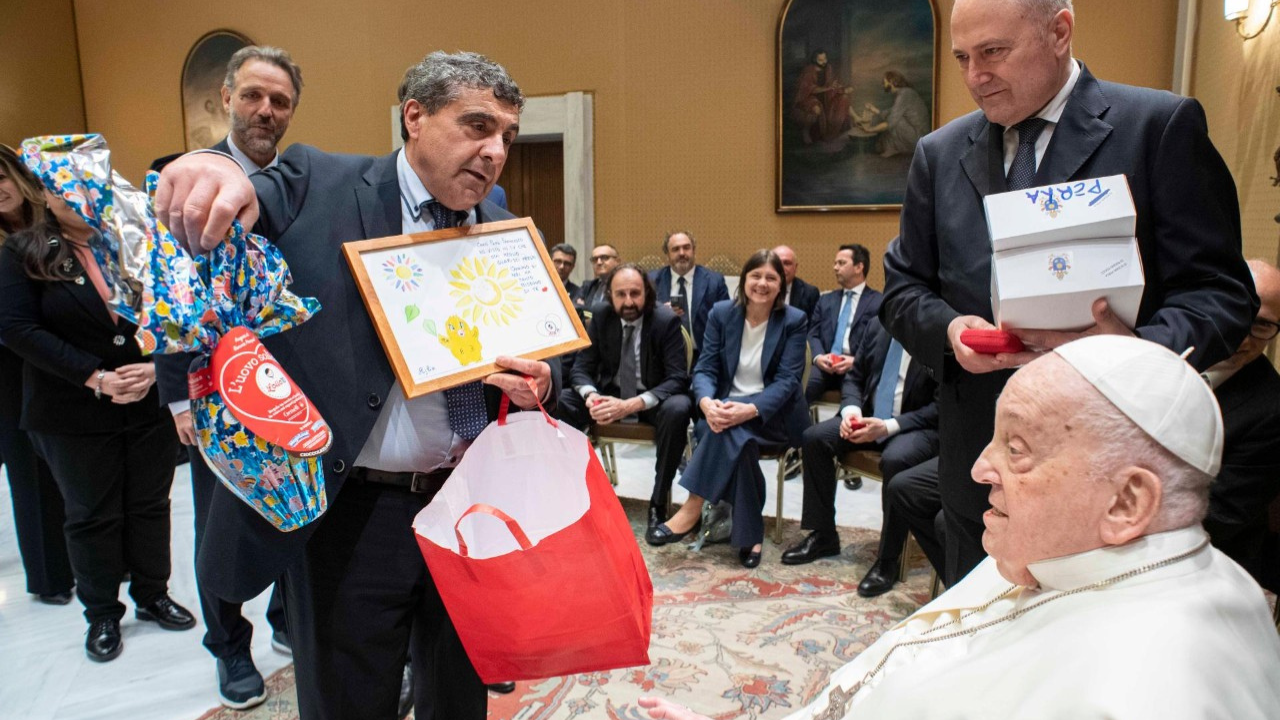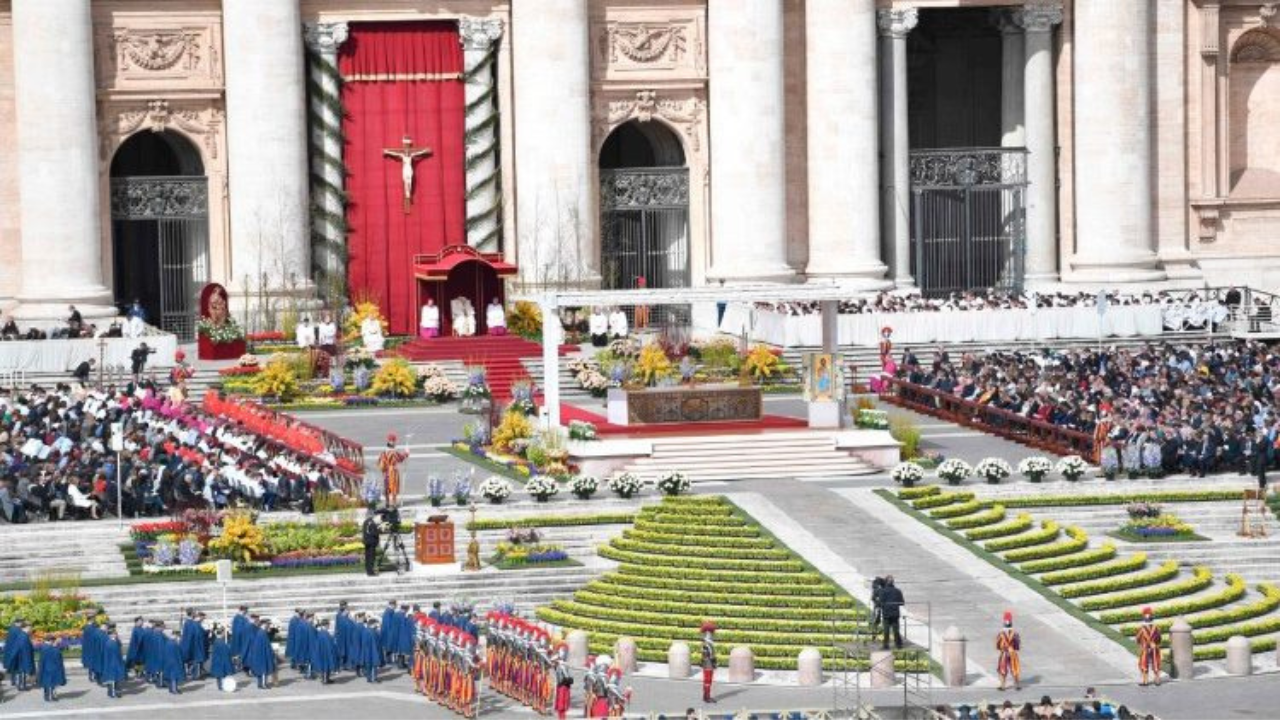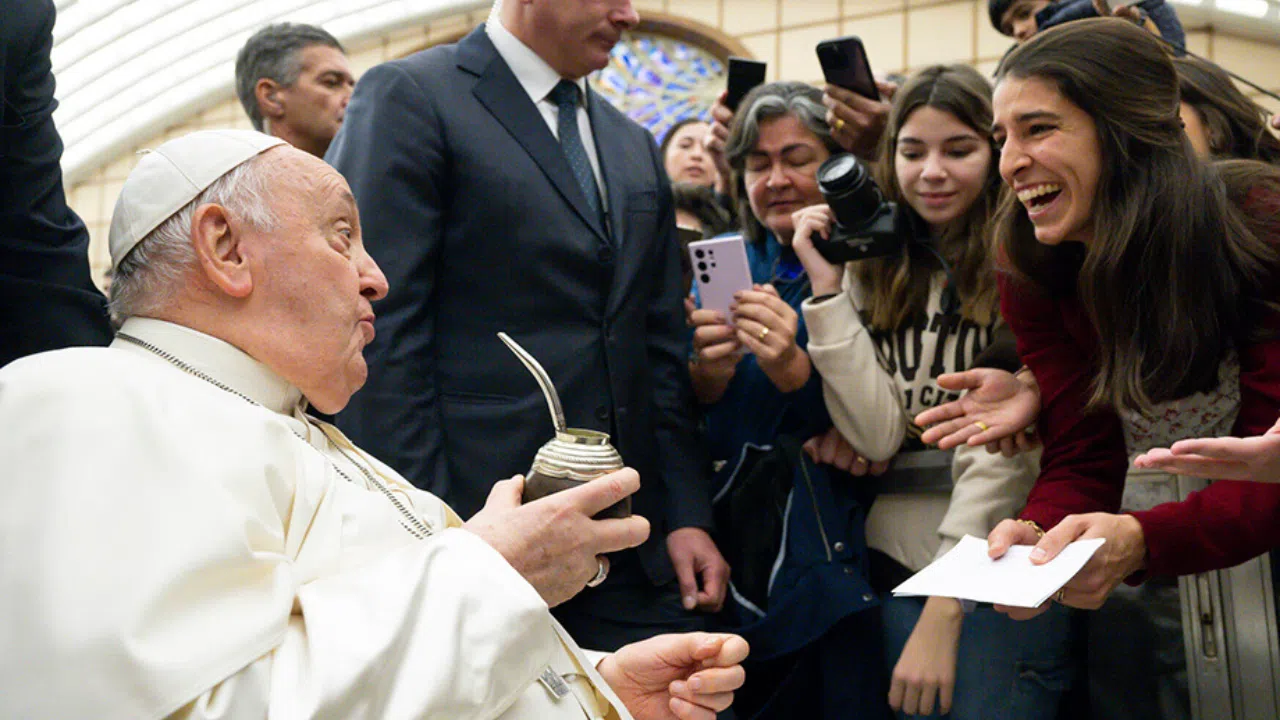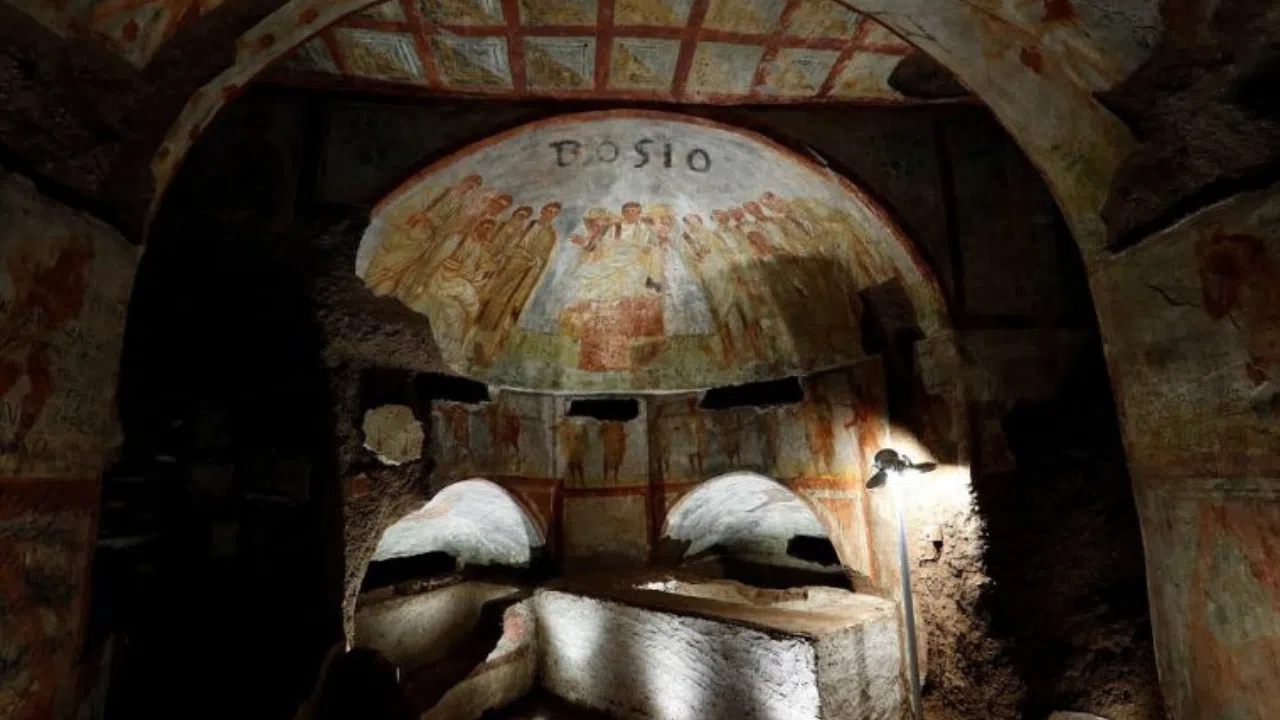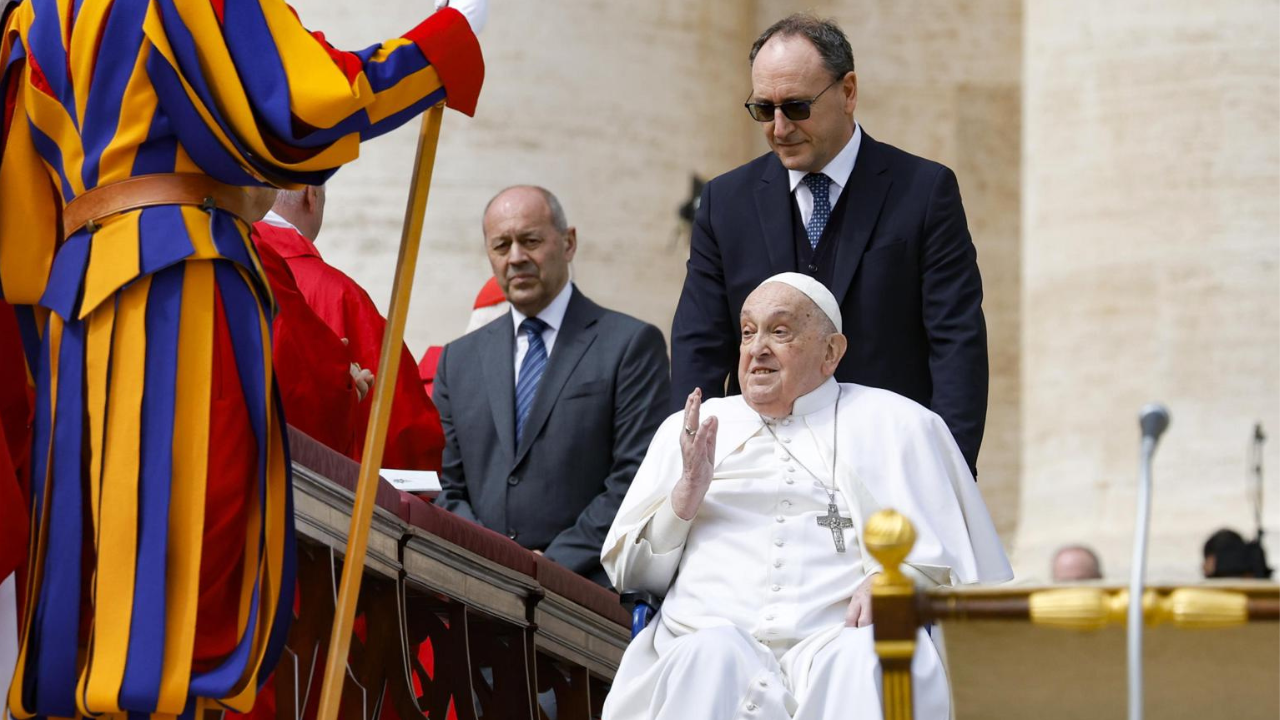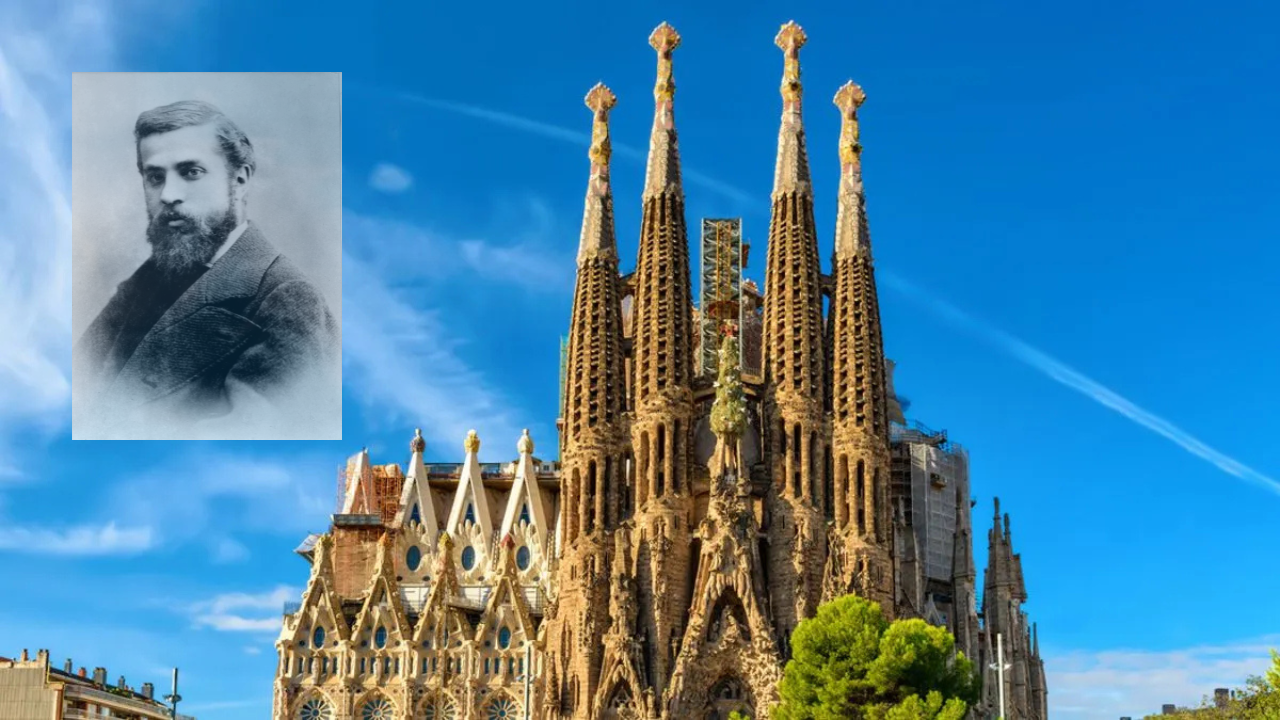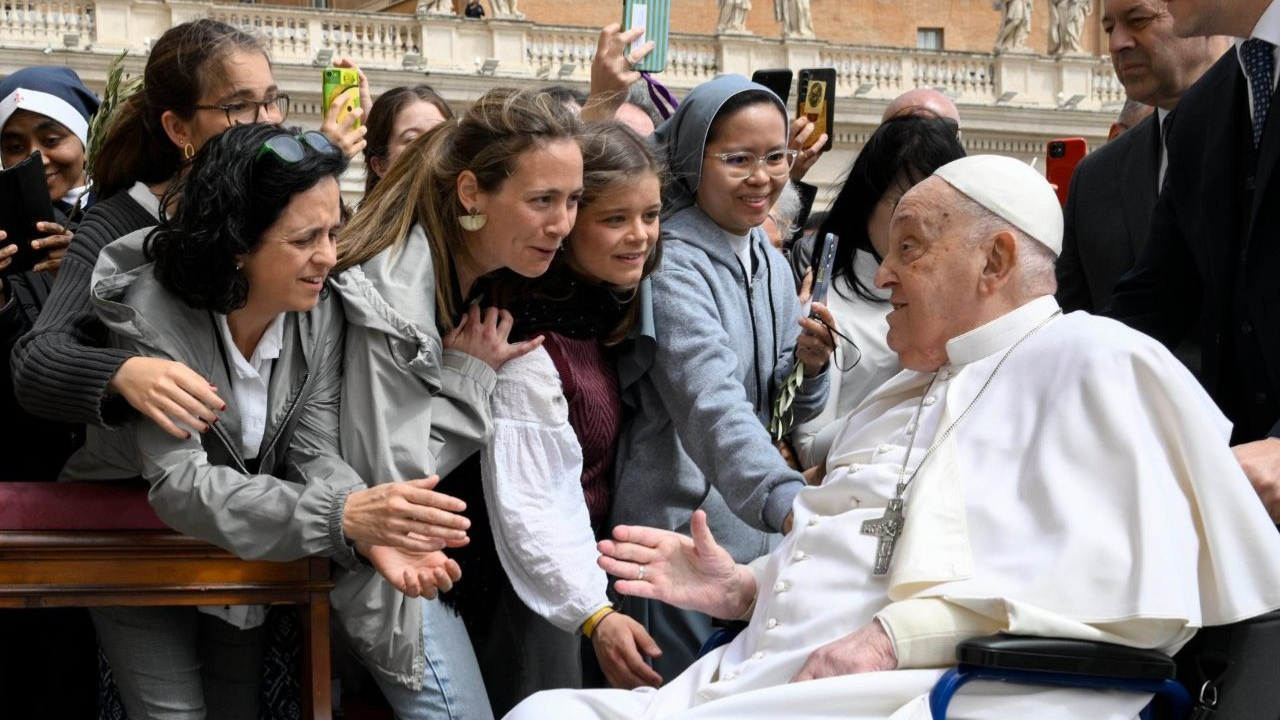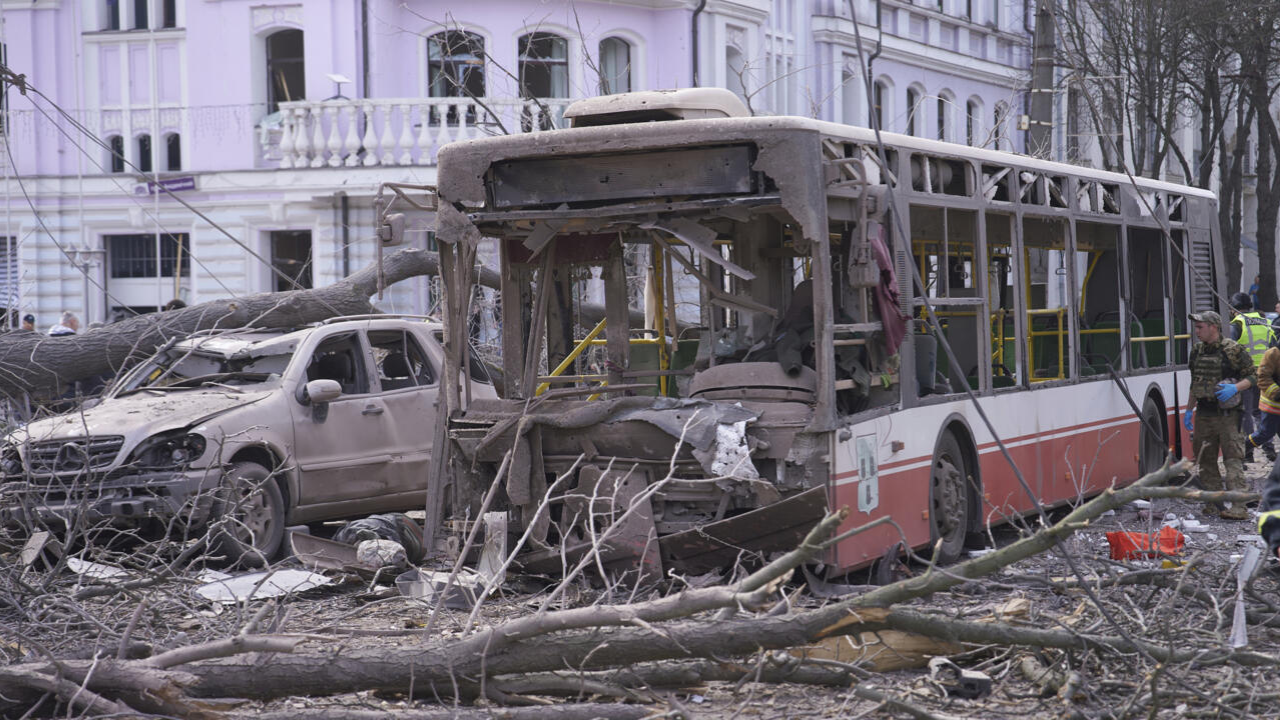The Vatican and Cuba are two countries with very different positions on a number of issues. But, over the years, they have been able to find common ground for some of them.
Diplomatic relations began in 1935. However, the key moment was Pope John Paul II's visit to the island in 1998, arranged two years prior, when he met with Fidel Castro for the first time at the Vatican.
POPE JOHN PAUL II
The president of Cuba is well aware that the Pope is getting an invitation after his visit to the Vatican. If he invites him, it means he has thought about it in advance.
His presence on the island served to strengthen diplomatic ties between Cuba and the Holy See, which had deteriorated after the 1953 revolution that imposed a communist ideology and state atheism. The major consequence was the lack of religious freedom.
Some of Pope John Paul II's phrases from his visit will be remembered in history, such as "may Cuba open itself to the world and the world to Cuba." Also the fact that, at the Pope's request, Christmas was reestablished as a national holiday that year.
JOAQUÍN NAVARRO-VALLS
Vatican Spokesperson
I remember on the afternoon the trip was ending, we were at the airport to catch the plane. And Castro gave his speech where he said: "I thank you for everything you have said in this country, even for the things you have said with which I might not agree." It was a very delicate and polite way of saying that, naturally, if he had agreed on everything with the Pope, that the situation in Cuba would change, and it has not changed.
Years later, in 2012, another pope stepped on Cuban soil. Benedict XVI traveled there to continue what his predecessor had begun. But this time the president was not Fidel, but his brother, Raúl Castro.
POPE BENEDICT XVI
Apostolic Trip to Cuba, 2012
One of the important fruits of that visit was the inauguration of a new stage in the relations between the Church and the Cuban state with a spirit of greater collaboration and trust. However, there are still many aspects where progress can and should be made.
The Pope's speeches were always respectful, yet very significant. On the one hand, he spoke of fundamental rights; on the other, he stressed the consequences of the U.S. embargo on the island.
POPE BENEDICT XVI
Apostolic Trip to Cuba, 2012
Let no one be prevented from joining this exciting task by the limitation of their fundamental freedoms and exempted from it due to idleness or lack of material resources—a situation that is aggravated when restrictive economic measures, imposed from outside the country, weigh negatively on the population.
Two years after his visit, in 2014, Pope Francis began negotiations to reestablish diplomatic relations between Cuba and the United States. In these talks, the Argentine pope played a crucial role. President Obama referred to him and his work in his January 2015 State of the Union address.
BARACK OBAMA
44th U.S. President (2009-2017)
And this year Congress should begin the work of ending the embargo. As His Holiness, Pope Francis has said: “Diplomacy is the work of small steps.” These small steps have added up to new hope for the future in Cuba.
The Cuban bishops praised this diplomatic task on the part of the Holy See and, in particular, of Pope Francis.
BP. JUAN DE DIOS HERNÁNDEZ
Cuban Bishops' Conference
If any pope should come to Cuba, even for hours, it would be Pope Francis.
And so it was. In September 2015, Pope Francis made an apostolic trip to Cuba and the United States. And in Cuba, he met with Fidel Castro.
He expressed his satisfaction with the agreement in both countries.
POPE FRANCIS
Apostolic Trip to Cuba, 2015
Normalizing relations between two peoples after years of estrangement is a process. It is a sign of the victory of the culture of encounter and of dialogue.
In 2016, another historic event for the Church took place.
FR. FEDERICO LOMBARDI
Vatican Spokesperson
His Holiness, Pope Francis, and His Holiness, Patriarch Kirill of Moscow and All Russia will meet on Feb. 12. Their meeting will take place in Cuba where the Pope will make a stop before his trip to Mexico.
The religious leaders met for the first time since the Schism in 1054, which split the Church into Orthodox and Catholic. At the end of the meeting, the Pope and Patriarch signed a joint declaration. But the fact that they met in Cuba's capital could have several explanations.
FR. STEFANO CAPRIO
Expert in Russian history and culture
Cuba is the ideal country for two leaders to meet because it is a country outside of Europe, where so many conflicts have existed historically, and would have created recriminations among everyone, and it is a country that is very friendly with Russia. So it being a Catholic country makes both Pope Francis and Patriarch Kiril feel at ease.
MARCELO FIGUEROA
Columnist, L'Osservatore Romano
It's like an international place. Yes, it is under the Havana sky, but it is an airport. And I think it also has a lot of symbolism. For me, I wouldn't associate the meeting so much with Cuba. Maybe the Pope's trip to Cuba. In that meeting, I believe that their agendas and trips coincided, and they were able to coordinate that meeting at the airport.
Pope Francis closely followed the protests that took place in Cuba in July 2021, when public outrage was unleashed on the streets of Havana. The crisis generated by the pandemic was the last straw that exhausted the patience of a society weary of the economic and social wear and tear they had been facing for decades.
POPE FRANCIS
I am close to the dear Cuban people in these moments, in these difficult times, especially the families who are suffering the most. I pray to the Lord to help them build through peace, dialogue and solidarity an increasingly just and fraternal society.
2023 marked the 25th anniversary of Pope John Paul II's visit to the island. This brought about a greater bond between the two states. For example, President Diaz-Canel met with the country's bishops and the Vatican envoy on that occasion, Cardinal Beniamino Stella.
In June, the president visited Pope Francis, who had just been released from hospital a few days before. Cuba expressed its appreciation for the Vatican's disagreement with the U.S. embargo. Moreover, the Vatican wants to mediate so that the island's government releases political prisoners and grants more freedoms, especially to Catholics. It is a delicate bilateral relationship but from time to time points of understanding have emerged.
CA/JRB
TR: KG
